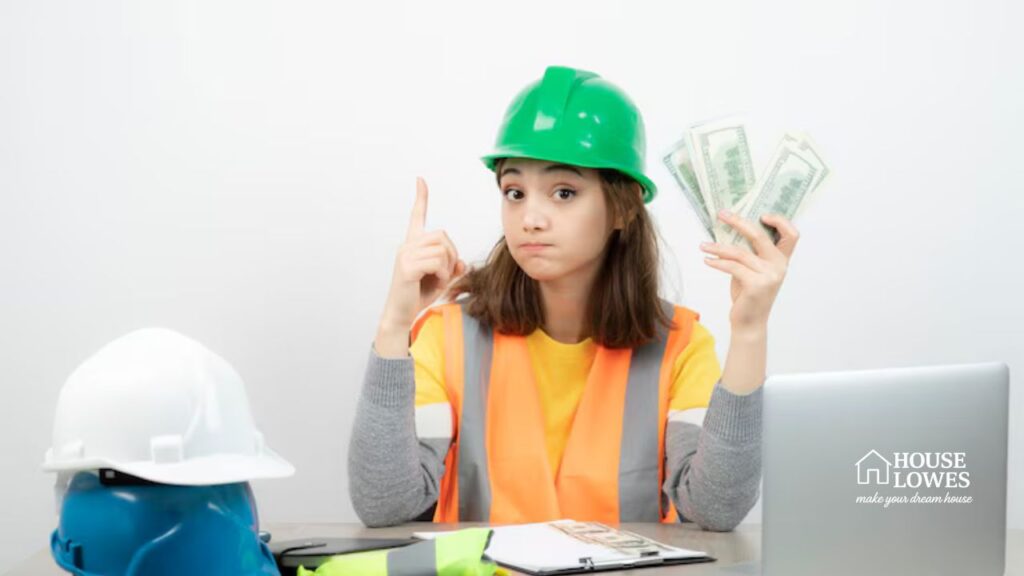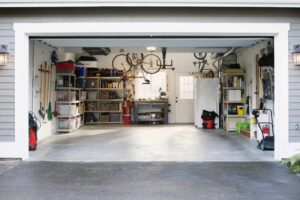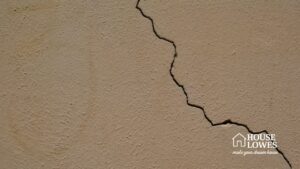Dreaming of turning your current home into your dream home or transforming a fixer-upper into something fabulous? A renovation loan can make it all possible! But before you get too deep into planning your dream kitchen or finishing that basement, there’s one little detail to consider first—the down payment. Don’t worry; we’re here to walk you through it all.

This guide will break down everything you need to know about a renovation loan down payment, making it simple and stress-free. Whether you’re a first-timer figuring things out or someone weighing your renovation financing options, these easy-to-follow tips will help you make smart choices.
Understanding Renovation Loans
Not sure what a renovation loan is? Don’t sweat it. We’re breaking it down into bite-sized pieces.
What Is a Renovation Loan?
A renovation loan is basically a two-in-one package deal. It’s a type of financing that covers both the cost of buying a home and the expenses needed to fix it up. This is perfect if you’ve found a less-than-perfect house that could use some love but you don’t want to sell a kidney to fund the repairs.
How Do Renovation Loans Work?
Here’s the gist. Borrowers apply for a set loan amount that includes both the cost of the home and the estimated renovation costs. Once approved, the bank or lender gives you the funds, and you’re off to the races, making your renovation dreams a reality. Easy, right? Just don’t forget the best part (or maybe not-so-best part)—the down payment.
Importance of the Down Payment
Why Does the Down Payment Matter?
Think of the down payment as your ticket to ride. It’s the portion of the loan you cover upfront before your lender chips in. But it’s not just a formality; a good down payment can actually save you money in the long run by lowering your interest rate or reducing what you need to borrow.
How Does the Down Payment Impact Renovation Loans?
Spoiler alert! The down payment you need will depend on the loan type. Some renovation loans (hello, FHA 203(k)) require as little as 3.5% down. Others, like conventional options, might ask for more. Either way, having enough saved for the down payment is key to unlocking your financing options.
5 Essential Tips for a Successful Down Payment

1. Create a Dedicated Savings Plan
Saving doesn’t have to be a drag. Whether you stash away your birthday money, cancel subscriptions you’re not using, or set up automatic transfers, every little bit helps. Pro tip: Try the 50/30/20 rule (50% for needs, 30% for wants, and 20% for savings) to make saving manageable.
2. Explore Down Payment Assistance Programs
Did you know there are programs that can help lighten the financial load? Depending on where you live, you might qualify for local, state, or federal down payment assistance. These programs are designed to make homeownership more affordable, especially for first-time buyers.
3. Compare Different Renovation Loans
Not all renovation loans are created equal. Some require smaller down payments or offer better rates. FHA 203(k), HomeStyle loans, and other options each have their pros and cons. Take time to compare interest rates, terms, and opportunities to save.
4. Boost Your Credit Score
The better your credit score, the lower your down payment and interest rate might be. Pay your bills on time, keep your credit card balances low, and avoid opening new lines of credit while planning your loan. A little effort here can pay off big time.
5. Know Your Target Number
How much down payment will you need? That depends on your budget, loan type, and lender’s requirements. Sit down and do the math (we promise it’s not scary). Knowing your target number can make saving feel more realistic and within reach.
Final Considerations
Before you hit “apply,” make sure you’re ready to go.
Preparing for the Application Process
Be sure to gather documents like proof of income, bank statements, and credit reports. The more organized you are, the smoother the process will be.
Common Pitfalls to Avoid
Don’t make these rookie mistakes:
- Draining your savings for the down payment and leaving nothing for emergencies.
- Overborrowing without considering your monthly budget.
- Not shopping around for options.
FAQs
Q1. How much is a typical down payment for a renovation loan?
Depending on the loan type, it could range from 3% to 20%. FHA 203(k) loans, for example, usually require just 3.5%.
Q2. Can I use gift money for my down payment?
Yes! Many lenders allow gift funds from family or friends, but make sure you follow their guidelines. (Hint: A letter may be required.)
Q3. What happens if I can’t afford a down payment?
Look into assistance programs or loans with lower down payment requirements, like FHA loans. Just remember, each option comes with trade-offs.
Q4. Are there specific loans for first-time homebuyers?
Absolutely. Loans like FHA 203(k) and HomeStyle often cater to first-time buyers with lower credit score or down payment requirements.
Q5. When is the best time to apply for a renovation loan?
When you’re financially stable and have a clear renovation plan in mind. Timing is key!
Wrapping It Up
A renovation loan down payment might seem like the big boss level of home buying, but it’s totally doable with the right game plan. Start saving early, explore your financing options, and focus on what fits your financial goals best. With these tips, you’ll be one step closer to making your dream home a reality.
Keep dreaming big (and renovating smart)!
Admin Recommendation
Why Choose Old Dominion for Home Moving? Reliable & Affordable
Step-by-Step Guide to Spiritual Rituals for Moving Into a New Home







